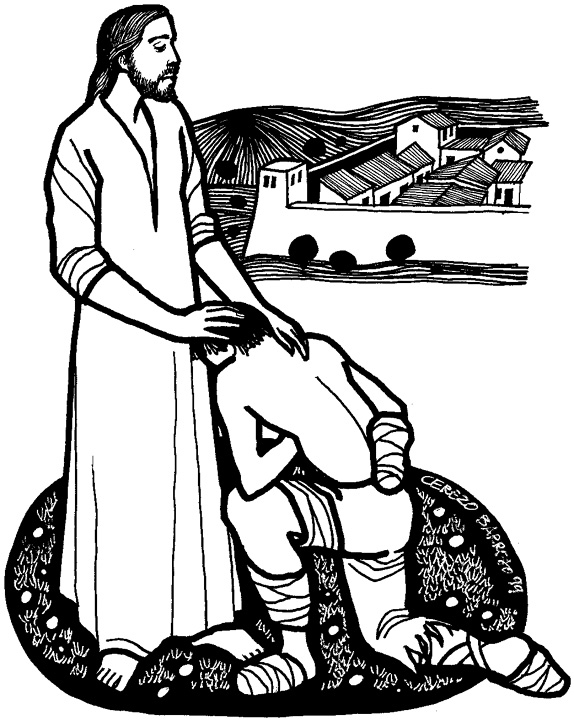
Here the rich and their unsocial spirit are the subject of the woes. In Matthew the invectives are addressed against the self-satisfied religious teachers and their religious formalism. In Matthew the reference is to hunger and thirst after righteousness. Here Jesus speaks of those who hunger now, probably meaning bodily hunger. In Matthew they refer to spiritual conditions. Here the Beatitudes deal with social differences. This social interest is especially prominent in the Sermon. The Gospel of Luke has been called the social Gospel because of its sympathy with the poor and its emphasis on the duty of kindliness of spirit. The Lukan discourse includes only a portion of the Beatitudes, with a set of four "woes," a rather brief section on the social duties, and the concluding parable of the Two Houses. The Sermon of Luke includes a little less than one-third of the matter recorded in the Sermon on the Mount. If the two accounts are reports of the same address the setting of Luke is probably the historical one. In contrast with the Sermon on the Mount which is assigned a place early in the Galilean ministry, and prior to the appointment of the Twelve, that event is represented as the occasion of this discourse. In many respects this address resembles the one recorded in Mt 5 through 7, but in general the two are so different as to make it uncertain whether they are different reports of the same discourse or reports of different addresses given on different occasions.


This title is sometimes given to the discourse recorded in Lk 6:20-49, because according to the Gospel (6:17) it was delivered on a plain at the foot of the mountain.


 0 kommentar(er)
0 kommentar(er)
